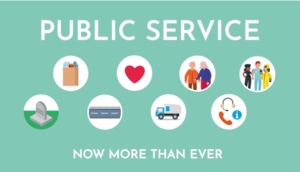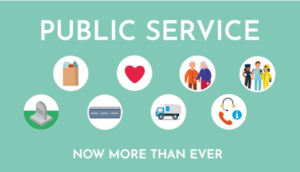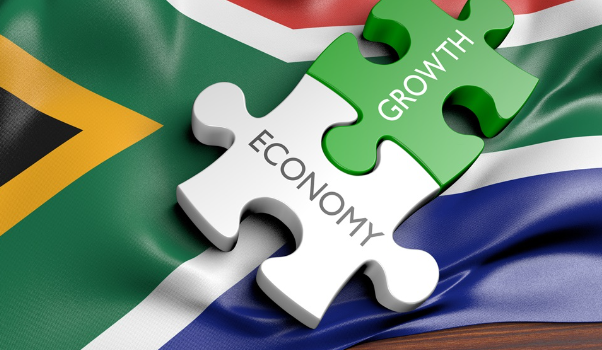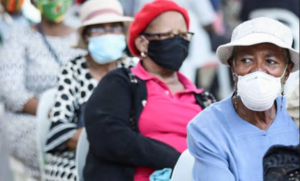Corruption has been a persistent and pervasive challenge across many African nations, significantly contributing to the continent’s economic crisis. This article delves into the multifaceted impact of corruption on African economies. Also exploring how it hampers development, exacerbates poverty, and undermines the effective utilization of resources. We aim to raise awareness about its detrimental effects and emphasize the urgency of addressing this issue to foster sustainable economic growth and prosperity in Africa.
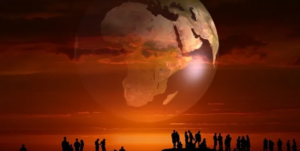
The Definition and Forms of Corruption
Corruption can be broadly defined as the misuse of public office or power for personal gain, financial or otherwise. In the context of African economies, corruption manifests in various forms, including embezzlement of public funds, bribery, nepotism, and kickbacks. It permeates both the public and private sectors, affecting institutions at all levels. Thus hindering the implementation of effective policies and development initiatives.
Erosion of Trust and Investment Climate
Corruption erodes trust in public institutions and governance systems, deterring foreign and domestic investments. Investors are reluctant to commit resources to countries where corruption prevails, fearing their investments may be at risk or entangled in illicit practices. As a result, African nations face a reduced flow of foreign direct investment, hindering economic growth and perpetuating the cycle of economic crisis.
Moreover, corruption creates an unpredictable business environment, where policies and regulations can be manipulated, and contracts may be awarded based on bribery rather than fair competition. This uncertainty dissuades businesses from making long-term investments, hampering job creation and economic diversification.
Misallocation of Resources
Corruption diverts resources from essential public services and infrastructure projects, leading to their misallocation or inadequate implementation. Additionally, corruption can lead to inefficiency in public spending, as contracts may be awarded to companies offering bribes rather than those with the best expertise and competitive pricing. This reduces the overall value of public projects and perpetuates a cycle of underdevelopment and dependence on external assistance.
Impacts on Poverty and Inequality
Additionally, corruption exacerbates poverty and widens income inequality in African nations. The diversion of resources intended for poverty alleviation programs and social safety nets means that the most vulnerable populations do not receive the assistance they desperately need. Moreover, as wealth concentrates in the hands of the corrupt elite, the gap between the rich and poor widens, perpetuating social instability and hindering equitable economic development.
Furthermore, corruption often affects access to basic services and opportunities. For example, in corrupt education systems, students from disadvantaged backgrounds may be denied access to quality education, limiting their potential for social mobility and perpetuating cycles of poverty across generations.
The Vicious Cycle of Political Corruption
Corrupt leaders perpetuate a vicious cycle by using their ill-gotten wealth and influence to maintain power and protect their interests in politics.
They manipulate electoral processes, suppress dissent, and weaken democratic institutions, further entrenching corruption in the fabric of society. This cycle makes it challenging to break free from the grips of corruption and fosters an environment conducive to economic mismanagement.
Combating Corruption
Addressing corruption requires a multifaceted approach that involves strong political will, institutional reforms, and active citizen engagement. Transparency and accountability mechanisms play a crucial role in combating corruption. African governments must enact and enforce robust anti-corruption laws, establish independent oversight bodies, and strengthen the rule of law.
Promoting transparency in government transactions, public procurement processes, and financial reporting can help to detect and prevent corrupt practices. Empowering investigative bodies and ensuring their independence is critical to holding corrupt individuals accountable, regardless of their positions or connections.
Promoting Whistleblower Protection
Whistleblower protection laws encourage individuals with knowledge of corrupt practices to come forward without fear of retaliation. Empowering civil society organizations to play a watchdog role and hold public officials accountable fosters an environment of transparency.
Civil society can also be a driving force for advocating for anti-corruption reforms, mobilizing public opinion, and holding leaders accountable. Supporting and protecting whistleblowers, investigative journalists, and activists who expose corruption is essential to maintaining the integrity of such efforts.
Conclusion
Corruption remains a significant obstacle to economic progress and social development in Africa. Its far-reaching consequences, including the erosion of trust, misallocation of resources, and perpetuation of poverty, necessitate urgent and sustained efforts to combat it. By embracing transparency, accountability, and good governance, African nations can break free from the grips of corruption and lay the foundation for sustainable economic growth and prosperity for all. Only through collective action can the continent rise above the African financial crisis and build a brighter future for its people. To secure a better future for Africa, addressing corruption must be at the forefront of the continent’s development agenda.

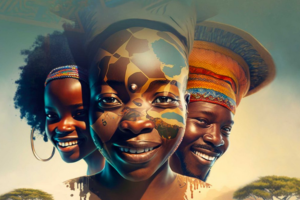

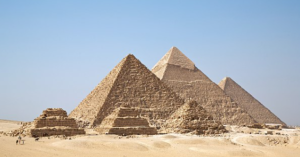

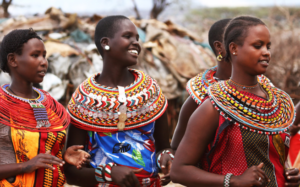 Africa is now home to more than 1000 languages and almost 500 ethnic groups. The continent has also experienced rapid growth in recent years, especially in sub-Saharan Africa. In 1900, less than half of Africans lived within a 100-kilometer radius of each other. Today, over 50% live within 100 kilometers of their neighbors. This dramatic change happened because of colonial rule and increased trade between African countries. What was life like in Africa before the Europeans arrived? Learn some interesting facts about Africa’s history and culture at the beginning of the 20th century.
Africa is now home to more than 1000 languages and almost 500 ethnic groups. The continent has also experienced rapid growth in recent years, especially in sub-Saharan Africa. In 1900, less than half of Africans lived within a 100-kilometer radius of each other. Today, over 50% live within 100 kilometers of their neighbors. This dramatic change happened because of colonial rule and increased trade between African countries. What was life like in Africa before the Europeans arrived? Learn some interesting facts about Africa’s history and culture at the beginning of the 20th century.
